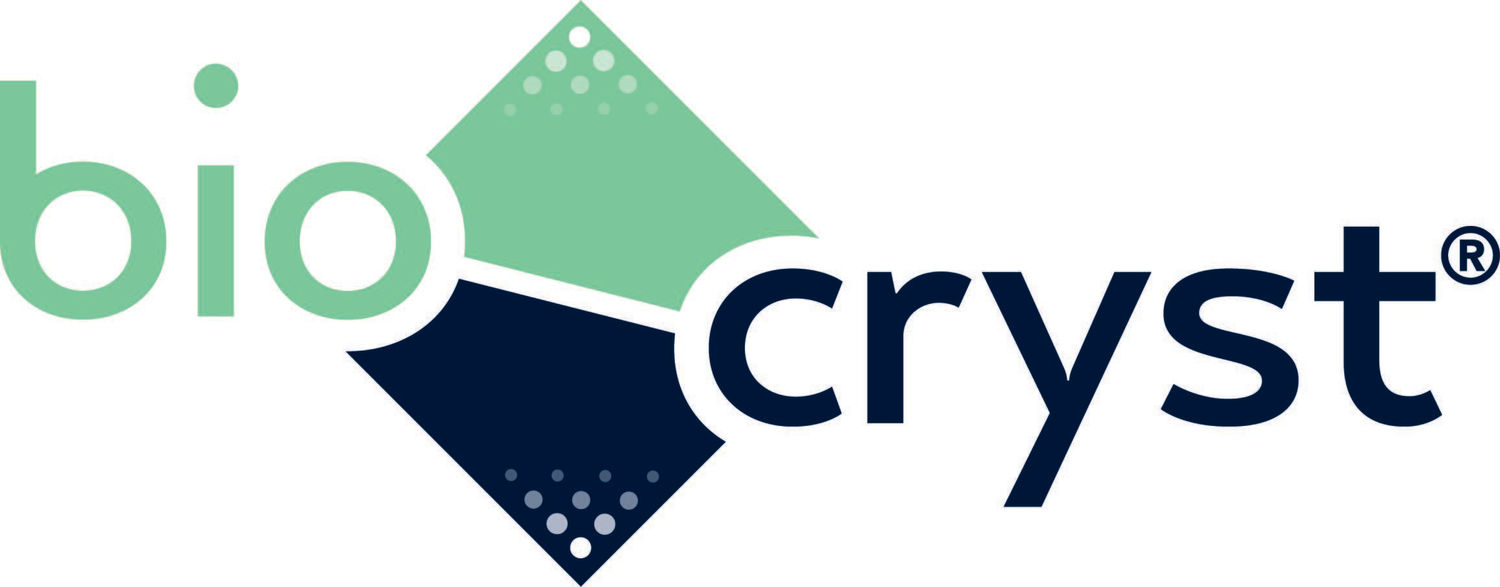预约演示
更新于:2025-05-07
Complement Factor D Deficiency
补充因子D缺乏
更新于:2025-05-07
基本信息
别名 CFDD、COMPLEMENT FACTOR D DEFICIENCY、Complement Factor D Deficiency + [6] |
简介- |
关联
1
项与 补充因子D缺乏 相关的药物靶点 |
作用机制 CFD抑制剂 |
在研适应症 |
非在研适应症- |
最高研发阶段临床1期 |
首次获批国家/地区- |
首次获批日期1800-01-20 |
2
项与 补充因子D缺乏 相关的临床试验NCT04725812
Complement Regulation to Undo Systemic Harm in Preeclampsia: The CRUSH Study
This is a Phase II, single arm, open-label study to determine if treatment with eculizumab prolongs pregnancy compared to historical controls in women with preeclampsia between 23-30 weeks gestation.
开始日期2021-09-13 |
申办/合作机构 |
NCT03950804
Transcriptome and Metabolic Analyses of CHAPLE Disease Patients With or Without Eculizumab Treatment
CHAPLE syndrome (complement hyperactivation, angiopathic thrombosis, protein losing enteropathy) is a newly discovered genetic disorder, which is caused by deleterious mutations in the CD55 gene. Patients often suffer from chronic manifestations that may lead to life-threatening complications despite conventional treatment options.The cause of gastrointestinal protein loss is distorted lacteals in the gut, referred to as primary intestinal lymphangiectasia (PIL). There is a second group of patients with PIL with intact CD55, referred to here as "non-CHAPLE PIL". The current study aims to explore the signatures of CHAPLE and non-CHAPLE PILs, discover druggable molecular targets and identify biomarkers that can direct therapy. A subgroup of patients with CHAPLE syndrome receive treatment with a complement C5 blocker, eculizumab, on an off-label basis. This study involves serial transcriptome and metabolic profiling of biological samples under eculizumab therapy and correlates them with the clinical response. Overall, the aim of this research is to integrate clinical data and high-throughput metabolic profiling approaches to better characterize the etiology of PILs and develop novel therapeutic approaches.
开始日期2018-06-15 |
申办/合作机构  Marmara University Marmara University [+1] |
100 项与 补充因子D缺乏 相关的临床结果
登录后查看更多信息
100 项与 补充因子D缺乏 相关的转化医学
登录后查看更多信息
0 项与 补充因子D缺乏 相关的专利(医药)
登录后查看更多信息
18
项与 补充因子D缺乏 相关的文献(医药)2025-03-01·European Journal of Immunology
Two New Kindreds with Complete Factor D Deficiency
Article
作者: Chbihi, Marwa ; Puel, Mathilde ; Frémeaux‐Bacchi, Véronique ; Jeziorski, Eric ; Rwayane, Kenza ; Rieux‐Laucat, Frédéric ; Boisson, Bertrand ; Vieira Martins, Paula ; El Sissy, Carine ; Casanova, Jean‐Laurent ; Rosain, Jérémie
2025-03-01·Journal of Pediatric Hematology/Oncology
Rare Inherited Coagulation Deficiencies: A Single-center Study
Article
作者: Hatipoğlu, Sadik Sami ; Terzi, Özlem
2023-03-16·Cureus
Breakthrough Hemolysis Associated With COVID-19 Vaccination and Active COVID-19 Infection in a Patient With Paroxysmal Nocturnal Hemoglobinuria Maintained on Pegcetacoplan: A Case Report
作者: Patel, Miten ; Fives, Kaila R ; Phrathep, Davong D ; Boshkos, Mitchell C ; Healey, Kevin D
分析
对领域进行一次全面的分析。
登录
或

生物医药百科问答
全新生物医药AI Agent 覆盖科研全链路,让突破性发现快人一步
立即开始免费试用!
智慧芽新药情报库是智慧芽专为生命科学人士构建的基于AI的创新药情报平台,助您全方位提升您的研发与决策效率。
立即开始数据试用!
智慧芽新药库数据也通过智慧芽数据服务平台,以API或者数据包形式对外开放,助您更加充分利用智慧芽新药情报信息。
生物序列数据库
生物药研发创新
免费使用
化学结构数据库
小分子化药研发创新
免费使用

